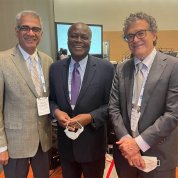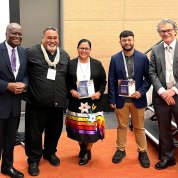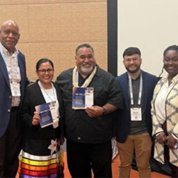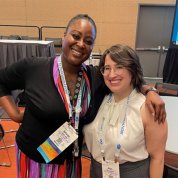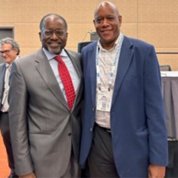Events Demonstrate Value of Community-Engaged Research
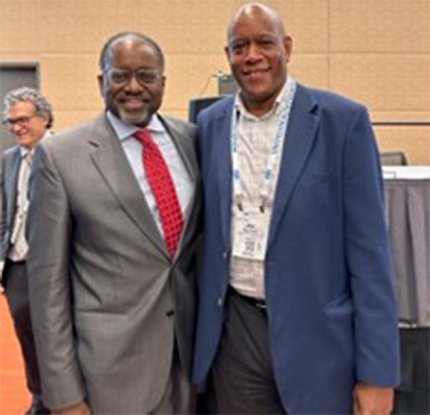
The Covid-19 pandemic demonstrated the importance of conducting community-engaged research to build trust, combat misinformation and sustain long-lasting partnerships. Two NIH-sponsored events last fall showcased the value of community-engaged research in promoting health equity.
During the 2022 American Public Health Association (APHA) annual meeting and expo, the NIH Community Engagement Alliance (CEAL) highlighted lessons learned from the work of CEAL teams across 21 states.
In addition, NHLBI hosted a virtual workshop with involvement from NIMHD and NIA, focused on the science of community-engaged health disparities research.
CEAL at the APHA Expo
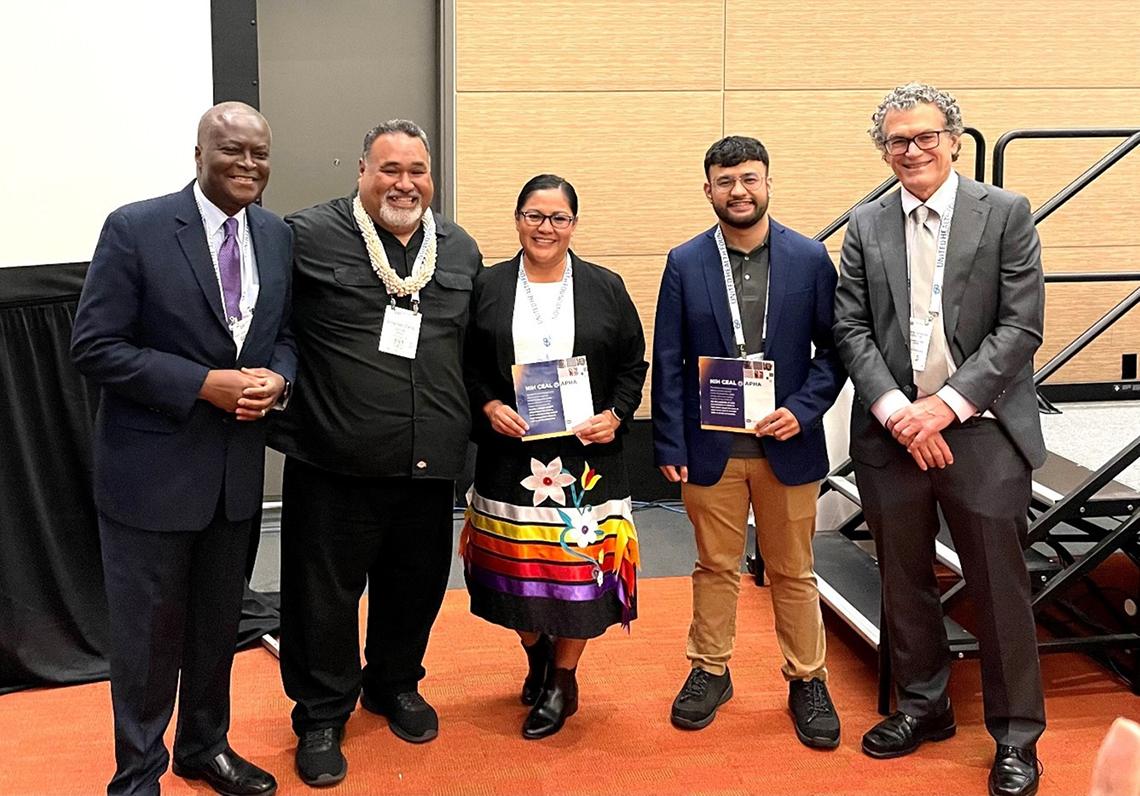
The theme of the APHA meeting centered on “leading the path toward equity.” NIH CEAL had a significant presence at the event, with a wide range of presentations, roundtable discussions and poster sessions throughout the five-day event.
CEAL co-chairs were also interviewed by APHA TV about creation of the CEAL initiative and how multiple diverse partners came together to help address Covid-19 health disparities and deliver trusted information to local communities.
“We found it was really important to get to people where they are and speak to them in a way that resonates,” said NHLBI Director Dr. Gary Gibbons, CEAL co-chair. Watch the interview online at https://bit.ly/3YdZ2lM.
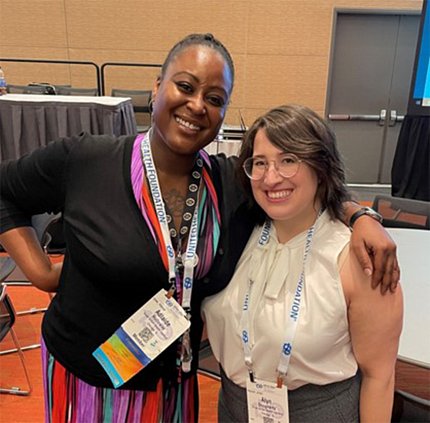
CEAL also held a special pre-conference session that featured three panel discussions on community-engaged research, addressing misinformation, building public trust and highlighting community voices and perspectives. Panelists included CEAL team researchers and community partners from across the country.
Jonathan (Tana) Lepule, a community partner from Asian Pacific Partners for Empowerment, Advocacy and Leadership (APPEAL), emphasized the data disaggregation in community research.
“Without changes to how our public systems and research infrastructure collect and analyze data, Native Hawaiians and Pacific Islanders will continue to be rendered invisible,” Lepule noted. “This means that community leaders have the added burden of not only advocating for change but also collecting and analyzing their own data.”
In the session’s closing remarks, NIMHD Director Dr. Eliseo Pérez-Stable, CEAL co-chair, stressed community-engaged research to help overcome current and future public health challenges.
“The answer may be the community-engagement model to really change norms, behavior and health in a positive direction,” he said.
Workshop Advances the Science of Community-Engaged Research
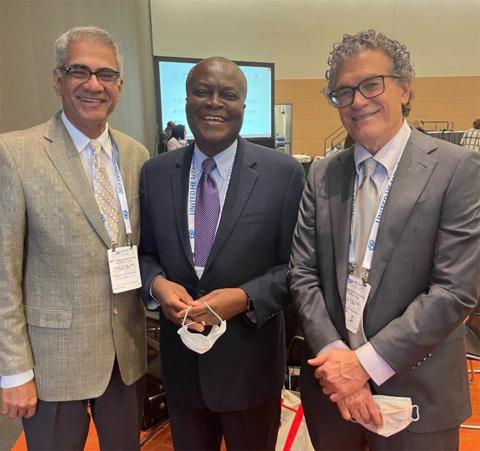
NHLBI hosted a two-day virtual workshop on the science of community-engaged health disparities research featuring speakers from NHLBI, NIMHD, NIA, as well as health care providers, community representatives and other government health officials.
The workshop’s six panels explored the past, present and future of community-engaged health disparities research. Topics included novel methodologies and advances that are shaping the direction of the field, such as the National Academy of Medicine’s Assessing Community Engagement (ACE) Conceptual Model.
Dr. Patricia Jones, director of NIA’s Office of Special Populations, said, “I want to underscore the opportunity we have to leverage the tools and resources we have in front of us to go forward and further the field and use what we know to move more quickly as we continue our work.”
As NIH works to accelerate the research, Gibbons has said community-engaged platforms and capabilities may help address many of the “ongoing vexing challenges that communities face” such as maternal health and climate change.
Watch the workshop at https://bit.ly/3DSXYeP.

